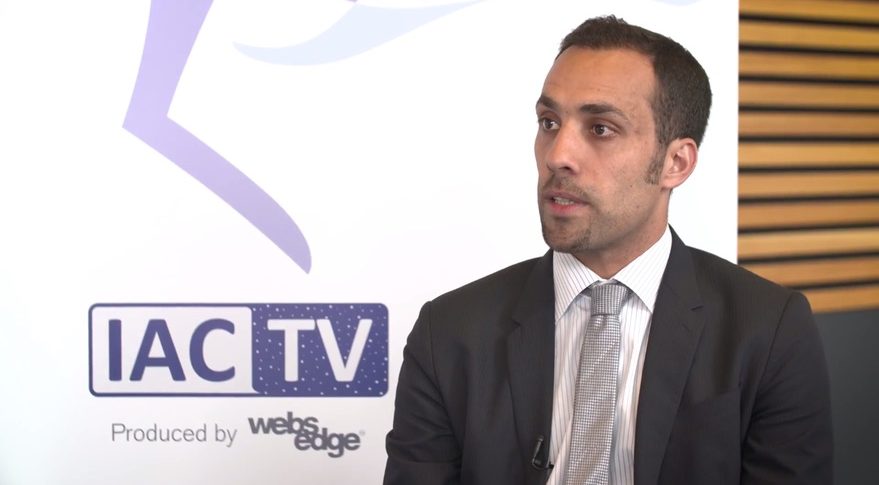United Arab Emirates to Establish Human Spaceflight Program

ADELAIDE, Australia — The United Arab Emirates (UAE) plans to establish its own astronaut corps in the next year, seeking to fly its citizens into space on other nations' vehicles starting in the early 2020s.
In a panel discussion at the 68th International Astronautical Congress (IAC) here Sept. 28, officials with the country's new space agency said that the country sought to develop a "sustainable" human spaceflight program with scientific applications, rather than simply the prestige of flying humans in space.
"This is an initiative from the UAE government to have a sustainable human spaceflight program," said Salem Humaid Al Marri, assistant director general at the Mohammed Bin Rashid Space Centre. "When we talk about sustainable, that means that we are not looking at launching an astronaut for a week or launching a tourist flight, but we're looking at a program that is based on science."
Al Marri said later that the government will formally request applications from astronauts by the end of this year or the first quarter of 2018. He didn't disclose what criteria the space agency had developed for its astronaut program.
That will be followed by a selection process that he estimated will last from six to 10 months before choosing between four and six astronauts. "Probably towards the lower end," he said of that range of four to six, "because obviously all of the astronauts that we train we would also look to fly them at some point."
The first of those astronauts would fly by the end of 2021, the 50th anniversary of the founding of the UAE. "We have not decided on who will be flying us yet," he said. "We do envisage that we partner up with all of the major space agencies, somehow and in some structure."
There would be several options for the UAE to choose from, including Soyuz flights by Russia to the International Space Station and Shenzhou flights to a Chinese space station slated to be completed by the early 2020s. Other options include flights on commercial crew vehicles being developed by Boeing and SpaceX.
Get the Space.com Newsletter
Breaking space news, the latest updates on rocket launches, skywatching events and more!
Al Marri tied the human spaceflight program to the UAE Space Agency's "Mars 2117" concept announced earlier this year, which projects establishing a full-fledged city on Mars in a century. Near-term aspects of that effort include creating a "Mars Science City" in the UAE that can be used for Mars analog simulations.
He said he expected research conducted there would stimulate follow-on experiments that could be carried out by UAE astronauts on their flights. "We have a long-term strategy of getting to Mars by 2117, so our astronauts will be working on science that is related to long-term habitation of space," he said. "We look at that as a natural next step in the progression of testing some of our experiments and ideas in the ISS and the space environment."
The UAE has expressed growing interest in space in recent years, establishing a national space agency and funding satellite projects, in addition to its planned human spaceflight program. The country is also working on a Mars orbiter mission called Hope that is scheduled to launch in 2020 to study the Martian atmosphere.
The UAE also picked up an endorsement of its space ambitions on Sept. 29, when the International Astronautical Federation announced that Dubai will host the 71st IAC in 2020. The IAC will take place in Bremen, Germany, in 2018 and Washington in 2019.
This story was provided by SpaceNews, dedicated to covering all aspects of the space industry.
Join our Space Forums to keep talking space on the latest missions, night sky and more! And if you have a news tip, correction or comment, let us know at: community@space.com.

Jeff Foust is a Senior Staff Writer at SpaceNews, a space industry news magazine and website, where he writes about space policy, commercial spaceflight and other aerospace industry topics. Jeff has a Ph.D. in planetary sciences from the Massachusetts Institute of Technology and earned a bachelor's degree in geophysics and planetary science from the California Institute of Technology. You can see Jeff's latest projects by following him on Twitter.










